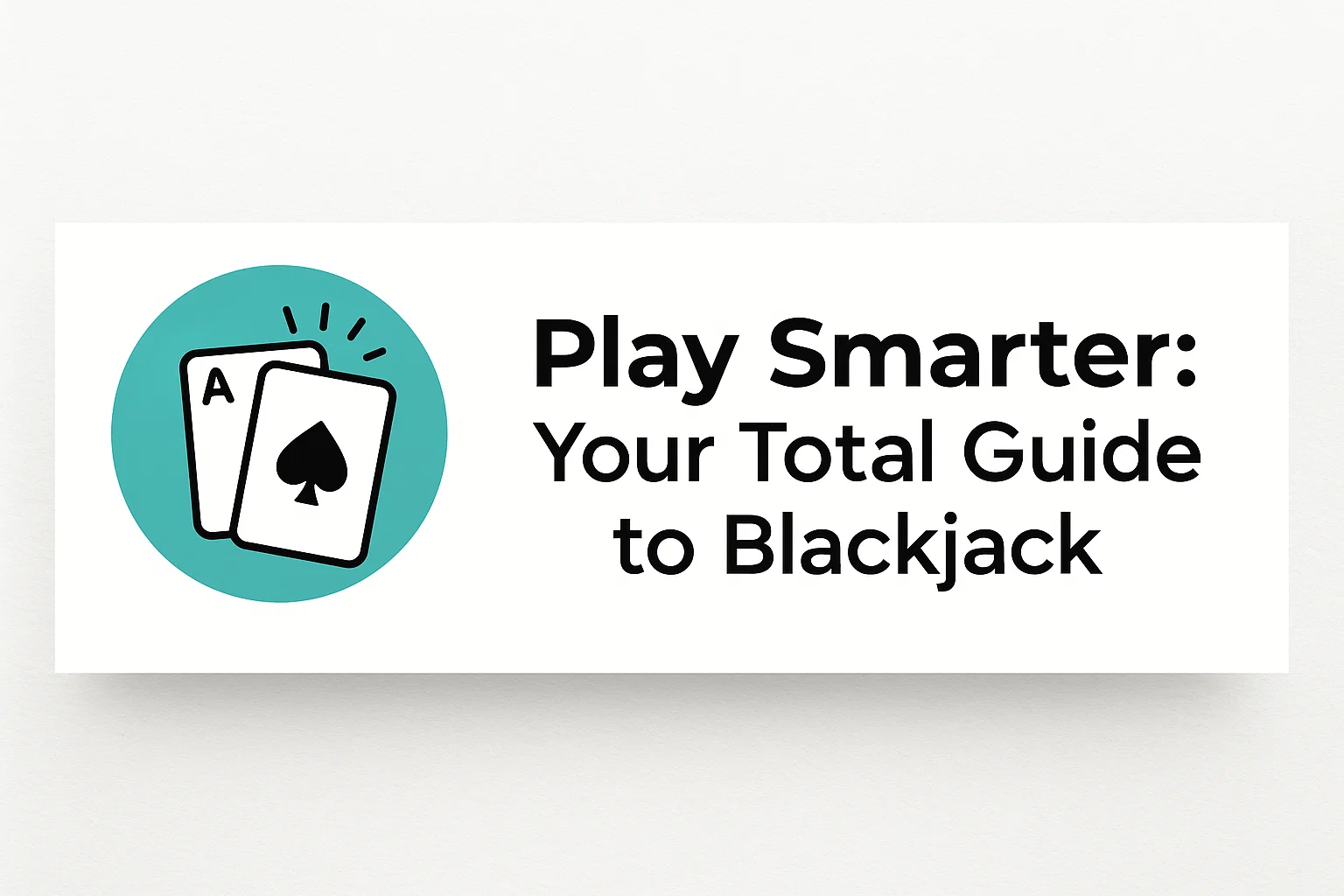
There is no easier, clearer, but fun card͏ game than blackjack. The game became a global hit when it first showed up in casinos in the early 1900s and now players can have both classic tables and thrilling versions like live dealer blackjack which brings the casino fun right to their screens. But first sit down with you at table and start winning, you need to learn a the rules of blackjack first off. Here are some tips and hints.
Blackjack Games
The blackjack rules are simple and can be mastered in a matter of minutes. Nevertheless, there are several blackjack variations with somewhat varying rules. Our casino provides a range of blackjack types, with both single-player and multiplayer tables.
General Rules of Blackjack
Every round starts with players setting their bets in respective areas known as "boxes." All tables have minimum and maximum bet limits clearly defined. In order to choose a bet size, just click on the chip of your desired value.
The player's goal is to beat the dealer by having a hand value nearest 21 without going over. You also win if your hand value is lower than 22 while the dealer goes over 21. If your hand is greater than 21, that is when you bust and lose your bet instantly.
Players are able to request being dealt additional cards to improve their hands. Once all the players have gone through a round of turns, the dealer operates according to rigid rules, depending on the variation of blackjack. For example, in one variation, the dealer must hit a soft 17, while in another they must stand. In all variations, the dealer must hit for any hand totaling 16 or lower.
The best blackjack hand is, fittingly enough, a blackjack. It consists of an ace and a ten-value card (10, jack, queen, or king) as the first two cards. A blackjack pays the highest payout—typically 3 to 2. If the dealer also draws a blackjack, the hand is a push (tie).
Face cards (10, jack, queen, king) are 10 points each. An ace can be worth 1 or 11, whichever is most advantageous to the player. For instance, an ace and a four together worth either 5 or 15. When the ace counts for 11, the hand "soft," with more choices.
Blackjack pays out standard at 1:1. Therefore, if you wager 20 chips, you receive 20 additional chips. A blackjack pays out usually 3:2, i.e., if you wager 20 chips, you receive 30 chips (unless the dealer also has a blackjack).
If both you and the dealer have an equal total, the game is a push, and your bet is returned with no wins or losses.
Splitting, Doubling Down, and Surrender
Other than standing and hitting, there are other options in blackjack depending on the first two cards.
Splitting
Splitting allows you to separate a single hand into two and give yourself another chance of winning. If your first two cards have the same value (such as two sixes or king and ten), you can split them into two by placing a second bet equal to the first. Both hands will then be played separately.
Special rules apply to splitting aces. In most variants, players can only be dealt one additional card per ace when splitting.
Doubling Down
Doubling down enables you to double your initial stake. Once you have been dealt your initial two cards, you can place a second bet of equal value to your first, in exchange for the requirement to take only one additional card.
Doubling down can also be performed after splitting, in some types of blackjack.
Surrender
Some variations also have the "surrender" option. This allows you to give up the hand and lose 50% of your original bet.
Gameplay Actions
In every round, the following actions can be done depending on your hand and the blackjack variation:
- Hit – Ask for another card to try to better your hand.
- Stand – Leave the hand you have and conclude your turn.
- Split – Break two cards of the same value into two separate hands with the same side bet.
- Double Down – Double your bet for receiving one final card.
- Surrender – Fold the hand early and get back half your bet.
- Insurance – If the dealer's face-up card is an ace, you may take insurance by placing half of your original bet. If the dealer has blackjack, the insurance bet is paid 2:1.
- Even Money – If you have blackjack and the dealer's face-up card is an ace, you may accept an "even money" payout (1:1), without regard to whether or not the dealer has blackjack.
Safeguards Against Errors
All decisions in blackjack are yours. However, unforeseen issues such as misclicks or disconnections can disrupt play. To help prevent errors at great expense, there are protection elements integrated into our software that notify you beforehand of certain unusual actions, including:
- Going all-in with a hard 17 or higher.
- Standing with 11 or less.
- Doubling with a hard 12 or higher.
These shields are meant to preserve your balance. You can disable them if you wish, but we recommend that you have them turned on.


